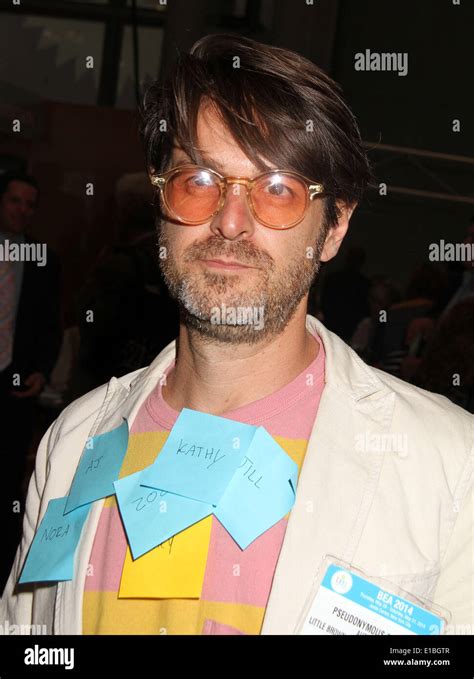A Quote by Leonardo da Vinci
Common Sense is that which judges the things given to it by other senses.
Related Quotes
Common sense is not something rigid and stationary, but is in continuous transformation, becoming enriched with scientific notions and philosophical opinions that have entered into common circulation. 'Common sense' is the folklore of philosophy and always stands midway between folklore proper (folklore as it is normally understood) and the philosophy, science, and economics of the scientists. Common sense creates the folklore of the future, a relatively rigidified phase of popular knowledge in a given time and place.
All men naturally desire knowledge. An indication of this is our esteem for the senses; for apart from their use we esteem them for their own sake, and most of all the sense of sight. Not only with a view to action, but even when no action is contemplated, we prefer sight, generally speaking, to all the other senses. The reason of this is that of all the senses sight best helps us to know things, and reveals many distinctions.
I can give you a spirit love, I have given you this long, long time; but not embodied passion. See, you are a nun. I have given you what I would give a holy nun...In all our relations no body enters. I do not talk to you through the senses - rather through the spirit. That is why we cannot love in the common sense.
The trouble is that the expression 'material thing' is functioning already, from the very beginning, simply as a foil for 'sense-datum'; it is not here given, and is never given, any other role to play, and apart from this consideration it would surely never have occurred to anybody to try to represent as some single kind of things the things which the ordinary man says that he 'perceives.
Mathematics is often erroneously referred to as the science of common sense. Actually, it may transcend common sense and go beyond either imagination or intuition. It has become a very strange and perhaps frightening subject from the ordinary point of view, but anyone who penetrates into it will find a veritable fairyland, a fairyland which is strange, but makes sense, if not common sense.
With five feeble senses we pretend to comprehend the boundlessly complex cosmos, yet other beings with wider, stronger, or different range of senses might not only see very differently the things we see, but might see and study whole worlds of matter, energy, and life which lie close at hand yet can never be detected with the senses we have.
Friends don't have to have a lot of things in common. But there's one thing friends usually do have in common - a sense of humor. That doesn't mean they find all the same things funny. Sometimes, they might even laugh at each other. But at the end of the day, friends can always laugh with each other.
Men live in a community in virtue of the things which they have in common; and communication is the way in which they come to possess things in common. What they must have in common in order to form a community or society are aims, beliefs, aspirations, knowledge - a common understanding - likemindedness as the sociologists say.
But by far the greatest hindrance and aberration of the human understanding proceeds from the dullness, incompetency, and deceptions of the senses; in that things which strike the sense outweigh things which do not immediately strike it, though they be more important. Hence it is that speculation commonly ceases where sight ceases; insomuch that of things invisible there is little or no observation.








































